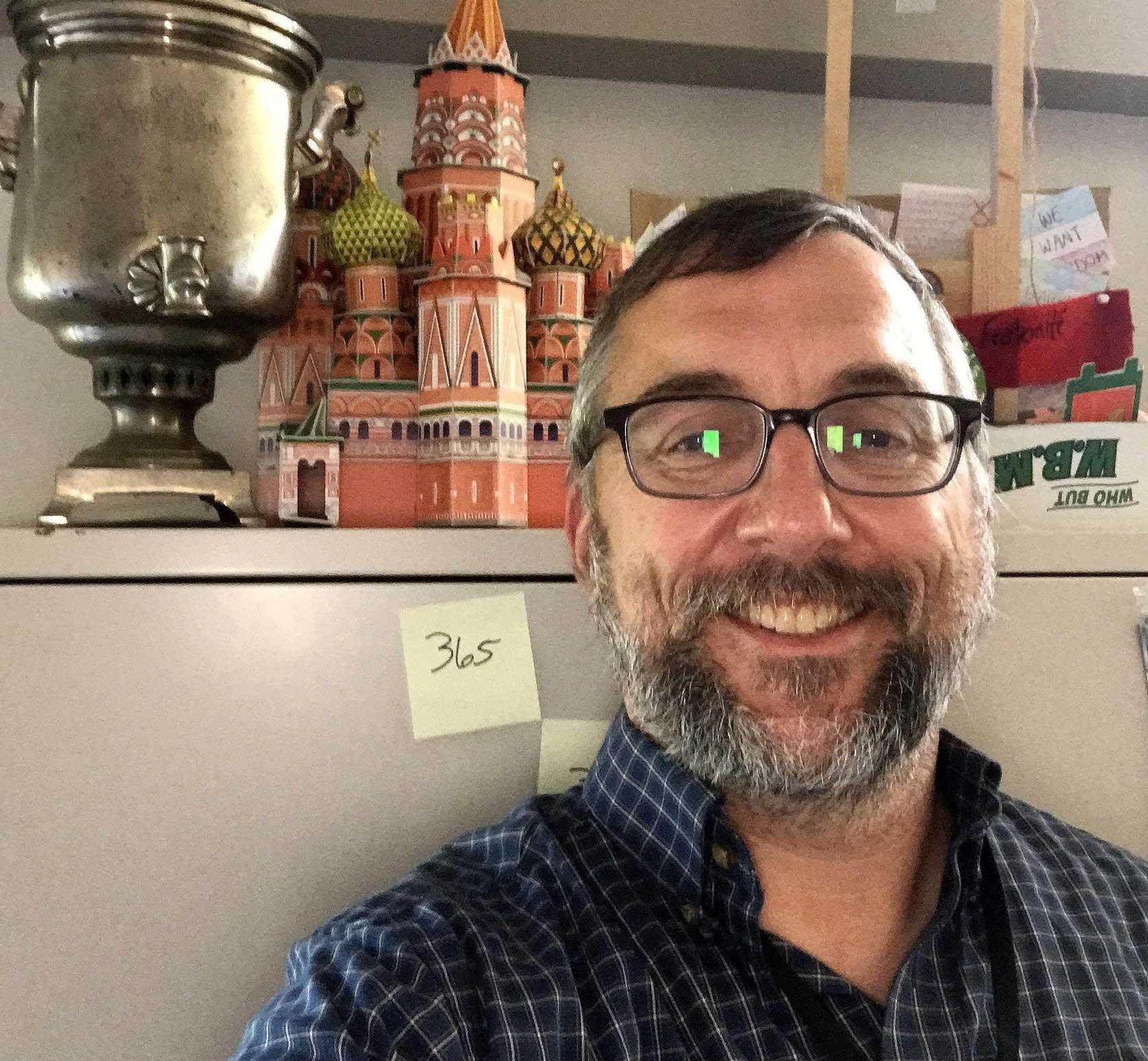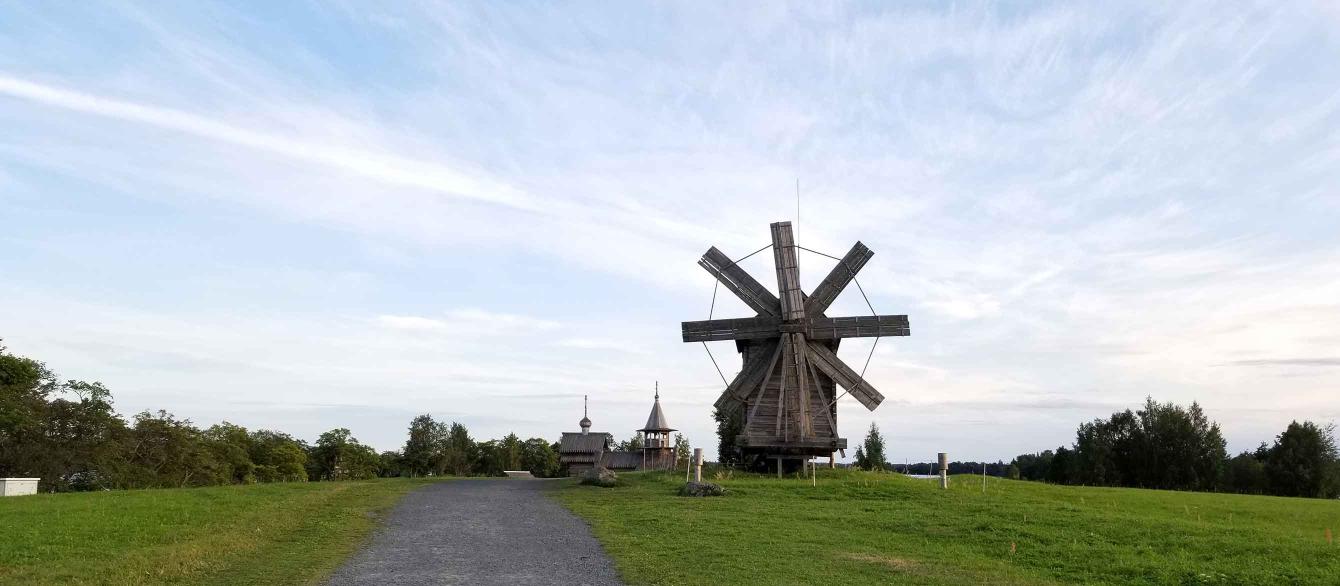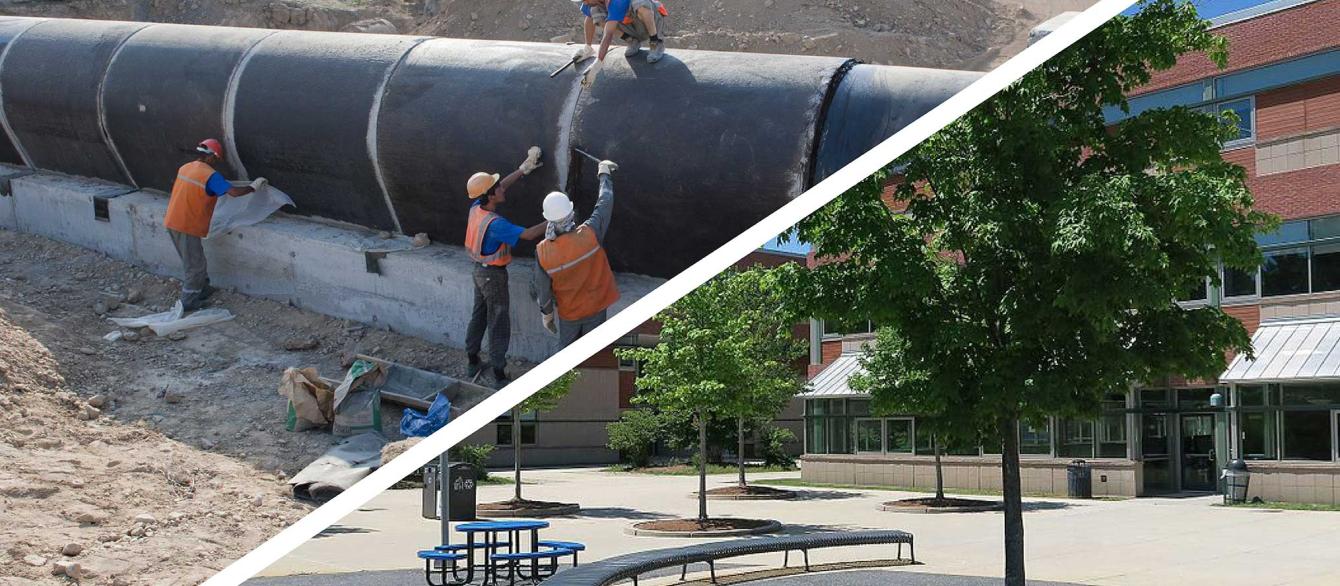As the end of the semester approached, Timothy Nikula, a history teacher at Lincoln-Sudbury Regional High School in Sudbury, Massachusetts, needed an activity to keep his students engaged. The seniors had graduated and just twelve in-person and three remote juniors remained. Nikula whipped up a worksheet based on a Davis Center workshop he attended the month prior and challenged his students to strike an international deal in just under an hour.
In May, Nikula participated in Pipelines and Politics, a virtual three-part workshop for high school and community college educators. The workshop explored the political nature of pipelines and the ways in which Russia’s rich energy resources shape international relations. The final session was a negotiation simulation designed for the classroom, involving pipelines crossing Central Asia, led by Arvid Bell, director of the Negotiation Task Force and a lecturer on Government at Harvard University.
The activity, applied in a high school setting, allowed students to get outside and unmasked under the school tent. Nikula broke the students into three groups, each representing a fictional Central Asian country. When it was time to negotiate, the remote students met with their counterparts online, while their classmates convened under the tent. After intense negotiations, the remote students finished in seven minutes and the final group snuck in under the fifteen-minute wire.

Timothy Nikula in his classroom at Lincoln-Sudbury Regional High School.
“Both the content piece and the pedagogical negotiation technique piece were very usable,” said Nikula. The students did not stop with the exercise—the next day they came into the classroom and were debating an unrelated topic. They then used the framework from the previous day’s activity to work through the discussion.
Typically, the Negotiation Task Force’s interactive negotiation exercises and training simulations are geared towards senior decision-makers in government, military, and the private sector. However, Bell is excited about the opportunity to work with a new audience. “These educators are looking for new tools to prepare their students for an increasingly complex world,” said Bell. “We want to help bring American diplomacy and international negotiations into the high school classroom.”
Over the past eighteen months, the Davis Center outreach team has partnered with the Negotiation Task Force and other programs of the Center’s Scholar-Entrepreneur Initiative to offer professional development workshops for K-14 educators. These activities are made possible by a Title VI–National Resource Center grant from the U.S. Department of Education. “Figuring out how to best scaffold the development of curricular resources is a lot of work,” said Cris Martin, associate director for programs, “but the Scholar-Entrepreneurs have been excellent partners in this.”
Like some of the high school students, participants in the educator workshop negotiated virtually. Some things are easier to do in person, like talking privately during the sidebar conversations that drive negotiations, said Martin. However, there are benefits to doing educator workshops on Zoom. Remote programming allows educators the flexibility to join late afternoon sessions without having to fight afternoon traffic—in fact, they can and do join from anywhere.
“Teachers are hungry for content related to Central Asia,” Martin said. “There’s simply not a lot out there for high school educators on this particular region.”
High schoolers are also hungry for region-related content, according to Nikula. His students were well versed in Eurasia, so it was a challenge to keep the class from trying to match the fictional countries from the simulation with their real-life counterparts. The worksheet helped keep the students focused, Nikula said.
“They totally loved it,” said Nikula. “I could tell they loved it because they all wanted to go into round two.”




